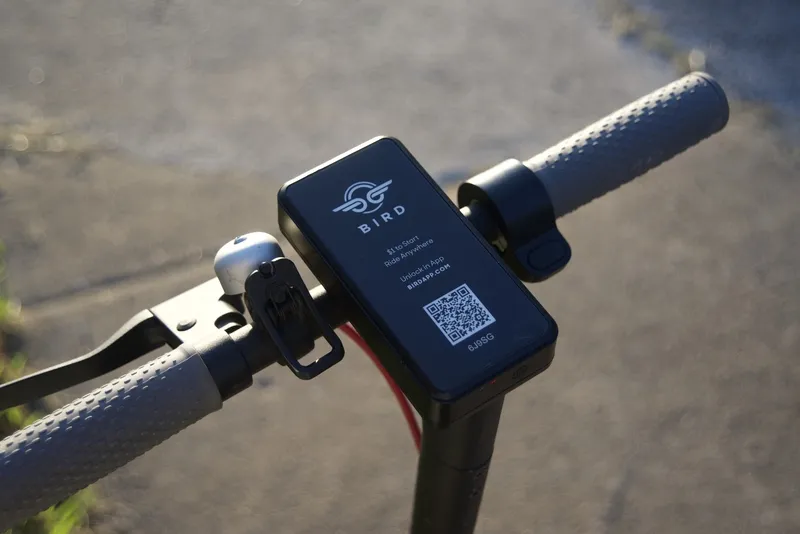The launch of the European Ten-T European Long-Distance Electric Clean Transport Road Infrastructure Corridor (Electric) which is co-funded by the EU and supports the installation of a corridor of high-quality fast chargers along key European motorways until the end of 2015, aims to accelerate electric vehicle uptake in the involved member states. Its focus is on interoperability, sustainable infrastructure setup and network planning and infrastructure deployment.
The aim of the project is be to create a
December 18, 2014
Read time: 2 mins
The launch of the European Ten-T European Long-Distance Electric Clean Transport Road Infrastructure Corridor (Electric) which is co-funded by the EU and supports the installation of a corridor of high-quality fast chargers along key European motorways until the end of 2015, aims to accelerate electric vehicle uptake in the involved member states. Its focus is on interoperability, sustainable infrastructure setup and network planning and infrastructure deployment.
The aim of the project is be to create an open access fast charging corridor along major motorways connecting Sweden, Denmark, Germany and the Netherlands via a total of 155 chargers.
The first results will be available shortly; the first charging stations are already installed and ready to use in Denmark, operated by Clever, and in the Netherlands by Fastned. The open access fast charging corridor is expected to be completed by the end of December 2015.
The project is funded by the Trans-European Transport Networks (Ten-T), via which the1816 European Union contributes to the internal market in order to harmonise and better connect transport systems in Europe.
Leading partner of the Electric project is ABB (Netherlands), manufacturer of fast charge solutions, Dutch e-mobility operator and retailer Fastned, Danish e-mobility operator Clever, Swedish public utility and e-mobility operator Öresundskraft and the German Testing and Certification Institute VDE Prüf-und Zertifizierungsinstitut.
The aim of the project is be to create an open access fast charging corridor along major motorways connecting Sweden, Denmark, Germany and the Netherlands via a total of 155 chargers.
The first results will be available shortly; the first charging stations are already installed and ready to use in Denmark, operated by Clever, and in the Netherlands by Fastned. The open access fast charging corridor is expected to be completed by the end of December 2015.
The project is funded by the Trans-European Transport Networks (Ten-T), via which the
Leading partner of the Electric project is ABB (Netherlands), manufacturer of fast charge solutions, Dutch e-mobility operator and retailer Fastned, Danish e-mobility operator Clever, Swedish public utility and e-mobility operator Öresundskraft and the German Testing and Certification Institute VDE Prüf-und Zertifizierungsinstitut.








